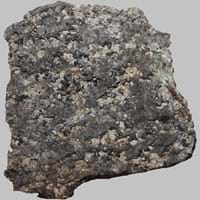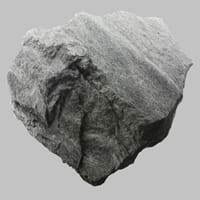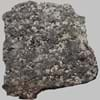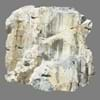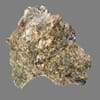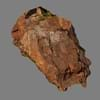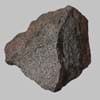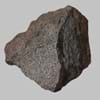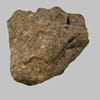Formation
Essexite is a type of igneous rock, which is usually dark grey to black plutonic rock. For the formation of essexite, suitable magma with exact composition of K, Ba, Rb, Cs, Sr should be produced.
Phyllite is a metamorphic rock which is formed by regional metamorphism of argillaceous sediments since their cleavage arose due to deviatoric stress.
Mineral Content
Augite, Feldspar, Hornblende, Nepheline, Olivine, Plagioclase, Pyroxene
Albite, Alusite, Amphibole, Apatite, Biotite, Chlorite, Epidote, Feldspar, Garnet, Graphite, Hornblade, Kyanite, Micas, Muscovite or Illite, Porphyroblasts, Quartz, Sillimanite, Staurolite, Talc, Zircon
Compound Content
Aluminium Oxide, Ba, Ca, Cs, Potassium, Rb, Sodium, Sr
CaO, Carbon Dioxide, MgO
Types of Metamorphism
Burial Metamorphism, Cataclastic Metamorphism, Contact Metamorphism, Hydrothermal Metamorphism, Impact Metamorphism
Not Applicable
Types of Weathering
Biological Weathering, Chemical Weathering
Biological Weathering, Chemical Weathering, Mechanical Weathering
Types of Erosion
Coastal Erosion, Glacier Erosion, Water Erosion
Chemical Erosion, Coastal Erosion, Glacier Erosion, Water Erosion, Wind Erosion
Essexite and Phyllite Formation
Formation of rocks is a long process and hence, Essexite and Phyllite formation sounds very interesting. According to the formation, all rocks are divided into :Igneous Rocks, Fossil Rocks and Metamorphic Rocks. Igneous rocks form by crystallization of magma or lava. The magma is made up of various components of pre-existing rocks which have been subjected to melting either at subduction zones or within the Earth's mantle. Igneous rocks are generally seen at mid ocean ridges or in intra-plate hotspots. Sedimentary rocks are formed when sediments accumulate gradually. As the sediments are buried they get compacted as more and more material is deposited on top. Eventually the sediments become so dense that they form a rock. Metamorphic rocks are rocks which once existed as igneous or sedimentary rocks but have been subjected to varying degrees of pressure and heat within the Earth's crust. Get to know all about formation of Essexite and Phyllite, composition of Essexite and Phyllite and their transformation.
